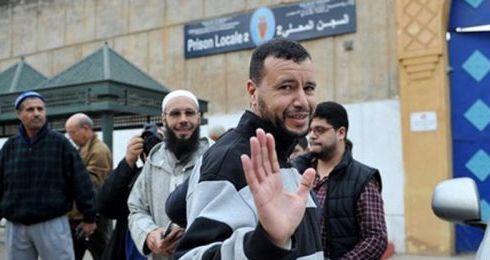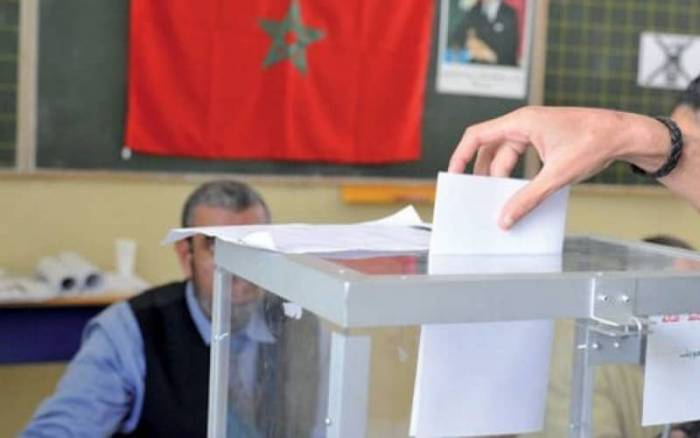 The last days of Jacob Zuma in power and his meeting with King Mohammed VI were perceived as light at the end of the tunnel of relations between two of Africa’s economic heavyweights, but the persistence of the ANC- led administration in Pretoria puts Morocco and South Africa in a new face-off in which the latter is losing.
The last days of Jacob Zuma in power and his meeting with King Mohammed VI were perceived as light at the end of the tunnel of relations between two of Africa’s economic heavyweights, but the persistence of the ANC- led administration in Pretoria puts Morocco and South Africa in a new face-off in which the latter is losing.
After the happy-ending of the Cherry Blossom cargo that was unlawfully detained in South Africa and handed to its original owner, Morocco’s phosphates producer OCP, South African authorities had to swallow another crushing defeat last month in their myopic support for Algeria and its plots to create a phony state in Morocco’s Sahara.
When South Africa was holding a meeting of southern African states to voice support for the separatist polisario militias, the bulk of Africa was attending a meeting in Marrakech to back Morocco’s efforts to settle the regional conflict under the banner of the UN.
The ill will harbored by the ruling ANC party since the death of Nelson Mandela- who was backed by Morocco during apartheid- is an anomaly, notes African paper the Sunday Times.
Citing Morocco’s foreign minister Nasser Bourita, the paper explained how Rabat outperformed Pretoria through soft power in the realms of migration and south-South cooperation at a time when anti-African migrants rhetoric and practices have made the headlines in South Africa.
Touching on the Marrakech conference where two-thirds of African states expressed attachment to the AU position regarding the primacy of the UN process, Bourita deplored that Pretoria prejudged the outcome of the UN-led negotiations for a mutually acceptable political solution.
“South Africa decided to take sides on an issue in a region hundreds of kilometers away, a position that runs against that of the UN and the African Union,” explained the Moroccan foreign minister.
The conference held in Pretoria last month was against the UN process, he said, deploring that Pretoria is unable to play the role of a “mediator” which requires distance from parties to the conflict.
The conference in Pretoria is an attempt at dividing Africa, Bourita said, recalling that the AU has decided last July not to interfere with UN efforts to settle the conflict through ongoing negotiations between the parties, Morocco, Algeria, Mauritania and the Polisairo militias.


